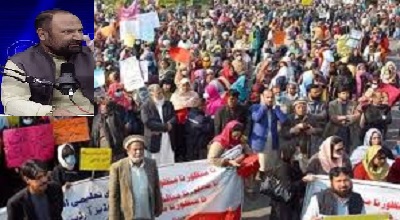DG Education Gilgit Baltistan
DG Education Gilgit Baltistan: “The Director-General (DG) of Education in Gilgit Baltistan has recently addressed the media, presenting the government’s perspective on the ongoing teachers’ protest.”
The DG emphasized financial limitations, stating that immediate implementation of BPS-16 is unsustainable. He also mentioned ongoing reforms but urged teachers to end protests for students’ sake.
Introduction (Protesting Teachers)
The education sector in Gilgit Baltistan (GB) is facing turmoil as teachers across the region continue their protest, demanding a one-point agenda: the upgradation of their pay scale to BPS-16 from their B.Ed passing date. This protest has disrupted schools, sparked debates, and drawn strong reactions from government officials, including the Director-General (DG) of Education in Gilgit Baltistan.
Teachers argue that their demand is justified, given that educators in other provinces receive better pay scales. However, the government claims financial and administrative constraints prevent an immediate resolution. This blog post explores the background of the protest, the government’s response, its impact on education, and possible solutions.
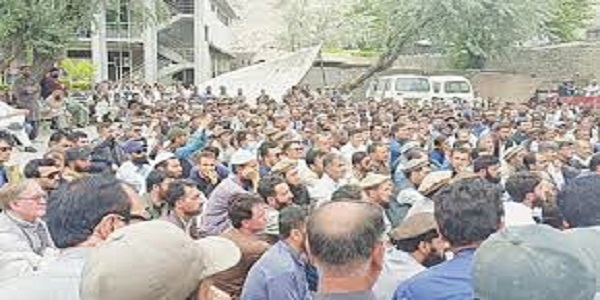
Background of the Teachers’ Protest in Gilgit Baltistan
The teachers’ protest in Gilgit Baltistan is not an isolated incident but a culmination of years of unmet demands and systemic neglect.
History of Teachers’ Demands in GB
Teachers in GB have long protested for better pay, service structures, and career growth opportunities. Past demonstrations have led to partial agreements, but core issues remain unresolved.
The One-Point Agenda: BPS-16 from B.Ed Passing Date
The current protest focuses on a single demand: upgrading teachers to BPS-16 from the date they completed their B.Ed. They argue that colleagues in Punjab and Sindh enjoy better pay scales, making GB’s policy discriminatory.
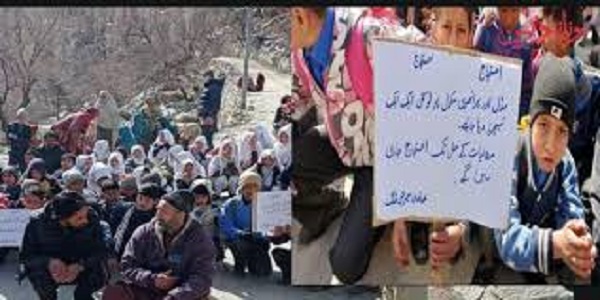
Role of Teacher Unions and Associations
Organizations like the Teachers Association Gilgit Baltistan (TAGB) have led the movement, organizing rallies, sit-ins, and negotiations with authorities. Their persistence has kept the issue in the spotlight.
Impact of the Protest on Education in Gilgit Baltistan
As the protest intensifies, schools across Gilgit Baltistan are witnessing disruptions, leaving students and parents in a state of uncertainty.
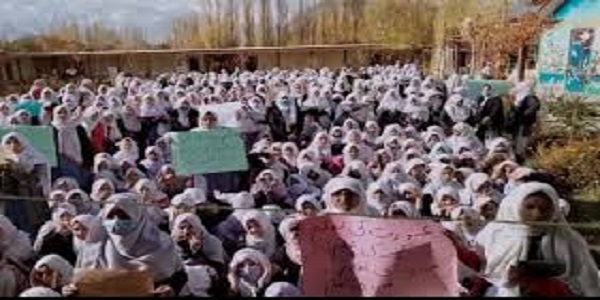
Psychological and Social Effects
The uncertainty has increased stress levels among students, while teachers face backlash from some community members.
Legal and Political Dimensions of the Protest
The teachers’ protest has now entered legal and political battlegrounds, with court petitions and political parties weighing in.
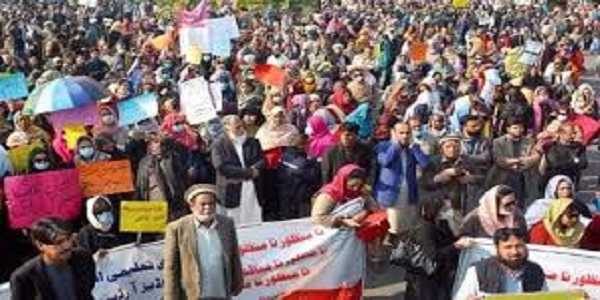
Court Interventions and Petitions
Some teacher groups have filed petitions seeking judicial intervention. Courts may soon direct the government to negotiate in good faith.
Political Parties’ Stance
Opposition parties support the teachers, using the issue to criticize the GB government. Ruling party members, however, defend the administration’s stance.
Role of Federal Government (Pakistan)
Islamabad has remained largely silent, but pressure is mounting for federal intervention to resolve the crisis.
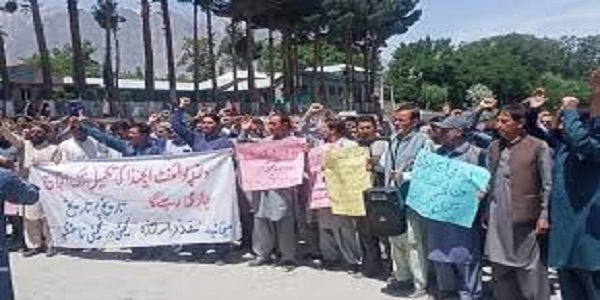
Possible Solutions and the Way Forward
Resolving the teachers’ protest requires a balanced approach that addresses both administrative constraints and legitimate teacher demands.
Negotiation Strategies
A third-party mediator could help bridge the gap between teachers and the government.
Policy Reforms Needed
Long-term reforms, including revised pay structures and career progression plans, are essential to prevent future protests.
Role of Civil Society and Media
Public awareness campaigns and unbiased media coverage can pressure authorities to act swiftly.
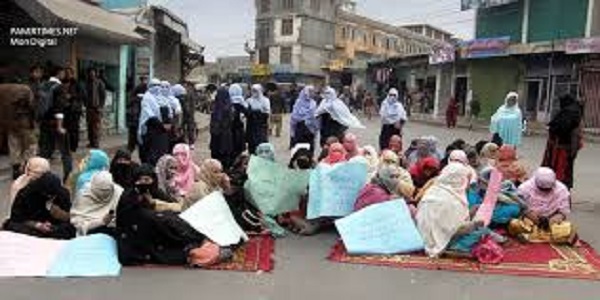
Conclusion
The teachers’ protest in Gilgit Baltistan highlights deep-rooted issues in the region’s education system that demand urgent attention. While the government cites financial hurdles, teachers argue that their demands are fair and overdue. A middle-ground solution—possibly phased pay upgrades—could end the deadlock and restore normalcy in schools.
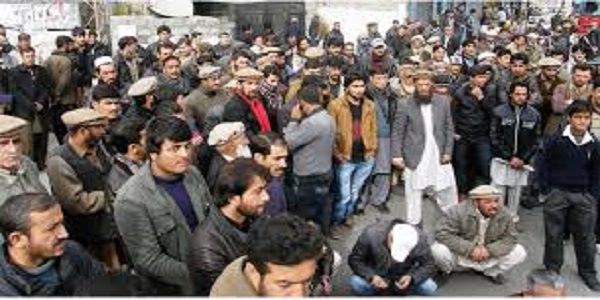
FAQs (Frequently Asked Questions)
Q: Why are Gilgit Baltistan teachers protesting?
A: They demand an upgrade to BPS-16 from their B.Ed passing date, citing pay disparities with teachers in other provinces.
Q: Is there a possible resolution in sight?
A: Mediation and policy reforms are needed, but both sides must compromise for a lasting solution.
Free Download: Battlefield Mobile APK
